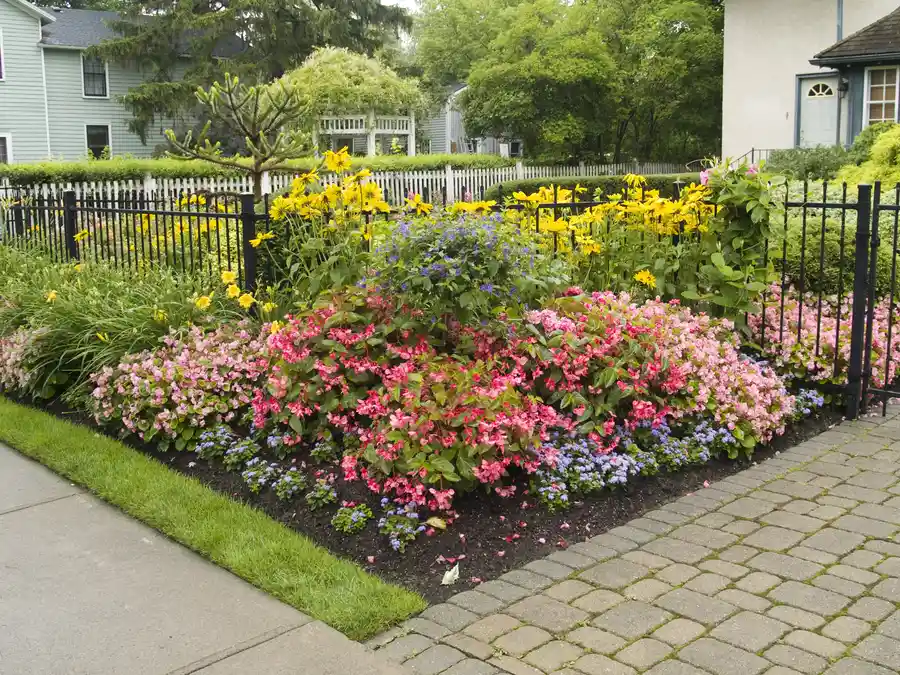The Importance of Healthy Soil in Your Garden
A flourishing garden starts with healthy soil. It’s not just about the seeds you plant or the water you give them; it’s also about the foundation beneath them. Understanding soil health is crucial for successful gardening. This knowledge helps plants grow stronger and produce better yields. By focusing on soil quality, gardeners can improve their results significantly. In this guide, we will explore how to assess and enhance your garden’s soil health.
Key Elements of Soil Health
Several elements contribute to healthy soil. These include organic matter, nutrients, pH levels, and soil structure. Organic matter provides essential nutrients for plants, while proper nutrient balance is vital for plant growth. The soil’s pH level affects nutrient availability, and a good structure allows roots to spread easily. Understanding these factors can help you build a strong foundation for your garden.
How to Test Your Soil
Before improving your soil, it’s important to know its current state. Testing your soil reveals its pH level, nutrient content, and texture. You can purchase a soil test kit or send a sample to a lab for analysis. Once you have the results, you’ll know what needs adjusting. This is an essential step in optimizing your garden design, as it ensures that your plants get what they need from the start.
Improving Soil Structure for Better Growth
Soil structure greatly impacts plant health. Compacted soil restricts root growth and reduces air circulation. To improve it, consider adding organic matter like compost or mulch. These materials increase soil aeration and water retention, providing a better environment for roots. With improved soil structure, your plants can thrive more effectively in any garden design.
Nutrient Management Essentials
Plants require various nutrients to thrive. Common nutrients include nitrogen, phosphorus, and potassium. A deficiency in any one of these can lead to poor plant health. Using fertilizers can supplement missing nutrients. However, it’s vital to apply the correct amount to avoid harming your plants. Regularly check nutrient levels in your soil and adjust accordingly to maintain optimal conditions.
The Role of Ph Levels in Gardening
Soil pH affects how well plants absorb nutrients. Most plants prefer a slightly acidic to neutral pH range (6-7). If your soil is too acidic or alkaline, certain nutrients may become inaccessible to plants. To adjust pH levels, use lime to raise acidity or sulfur to lower it. This adjustment ensures that your plants receive all necessary nutrients.
Sustainable Practices for Long-Term Soil Health
Sustainability is key to maintaining healthy soil over time. Practices such as crop rotation, cover cropping, and minimal tillage help preserve soil structure and fertility. Crop rotation prevents nutrient depletion by alternating plant types each season. Cover crops protect against erosion and add organic matter back into the soil. Minimal tillage reduces disruption to soil ecosystems. Employing these practices supports long-term productivity in your garden.
Final Thoughts on Maintaining Soil Health
Maintaining healthy soil requires ongoing effort and attention. By understanding your soil’s unique characteristics and needs, you can make informed decisions to support your garden’s success. Whether you’re enhancing soil structure or managing nutrients, every action contributes to a thriving garden ecosystem. Located in Roslindale, Boston, MA 02131, our team at Gatica Landscaping specializes in helping gardeners achieve optimal results. Call (857) 340-5188 today to learn more about improving your garden’s soil health.


